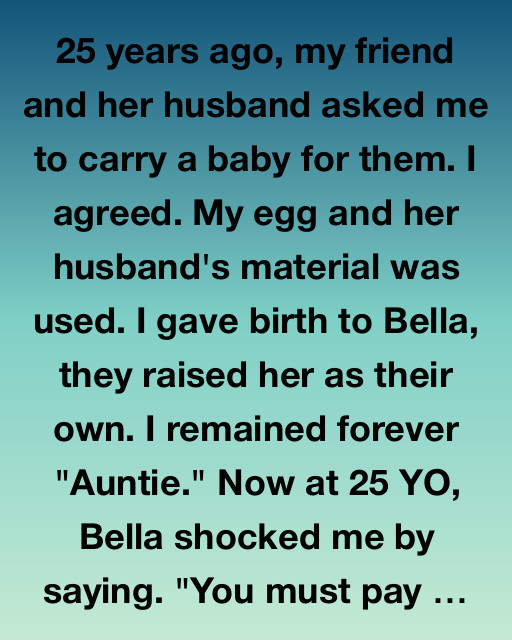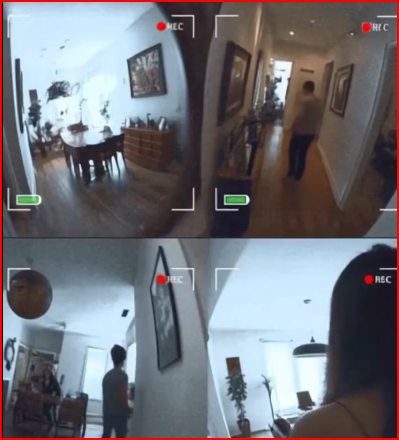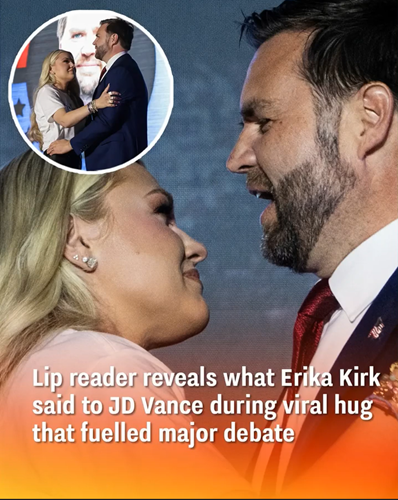I thought she’d said, “You must play.”
That would’ve made sense — Bella teasing, me laughing, a board game waiting on the table.
But her tone was flat. Her eyes, cold.
“You must pay,” she said again.
The mug of tea slipped slightly in my hands. “Pay for what, Bella?”
She crossed her arms, leaning against the kitchen doorway like she was guarding something sacred.
“For abandoning me.”
That word landed like a knife. Abandoning.
I opened my mouth, closed it again. Thirteen years of silence hung between us like smoke.
“I never abandoned you,” I said carefully. “I was there your whole life — every birthday, every school play, every graduation.”
Her mouth twitched. “You were always there,” she said, “but never mine.”
She looked past me, out the window where afternoon light turned dust into gold.
“I found the papers last year,” she said. “The clinic documents. The legal contract. Your name.”
I sat down because my knees forgot how to stand. “You found out last year?”
She nodded. “At first I didn’t believe it. Then I got angry. You carried me. You gave me life — and then you gave me away. And you still came around, smiling, calling yourself Auntie. Why didn’t you fight for me? Was I not worth it?”
The air between us went sharp. I’d rehearsed this moment a hundred times in nightmares, and none of those speeches fit now.
“Bella,” I said finally, my voice small. “Your parents couldn’t have children. Your mom — my best friend — was breaking inside. I offered because I loved her. Because I thought I could love you and still let you go. That was the deal from the start.”
“I’m not a deal,” she snapped. “I’m a person. A daughter. Your daughter.”
My hand went to my chest, pressing against the ache. I remembered everything — her hiccuping kicks in the middle of the night, the sterile light of the delivery room, the weight of her in my arms for the first and only time. And then, the moment I placed her into my best friend’s trembling hands.
“I didn’t disappear,” I whispered. “I stayed — the only way I was allowed to. Behind, quiet, present. It wasn’t easy.”
Something in her face shifted, softening just a fraction. “Then tell me. All of it. The truth.”
So I did.
We sat at my kitchen table until the sun bled out of the sky. I told her about the years before her — three college friends who shared everything: bad wine, broken hearts, impossible dreams. About how her parents tried everything, how I watched my best friend crumble each time another test came back negative. And how one night, I said the words that would change everything: “I can carry her for you.”
I told her about the procedures — the sterile rooms, the endless needles, the science of it all. And then about the part science doesn’t explain: how you can feel love for someone who doesn’t exist yet, how that love grows until it’s louder than logic.
“I tried not to get attached,” I said. “But I did. I loved you anyway.”
She didn’t interrupt. She just listened, fingers tracing circles on her cup.
“When they placed you on my chest,” I continued, “you opened your eyes. You looked at me. I said, I love you, and then I gave you to her. That was the hardest thing I’ve ever done. I went home and cried until I couldn’t breathe.”
She swallowed. “And all those years you showed up — birthdays, graduations — you acted like you were fine.”
“I wasn’t,” I said, smiling through tears. “Every time I left, I cried in the car. Every birthday, every school play — I clapped too hard because it was the only way I could say I love you without breaking the rules.”
She handed me a napkin. We both laughed at the absurdity of crying into paper towels.
Something loosened after that night.
We started small — coffee on Saturdays. Then longer talks, walks that stretched into dusk. She’d text me at midnight, random thoughts about art or life, and I’d answer because I wanted her to know I was there now, no contracts, no silence.
Months later, her mother — my best friend — was diagnosed with early-onset Alzheimer’s. A cruel thief that doesn’t knock. Bella moved home to care for her. I came often — groceries, appointments, quiet companionship.
One afternoon, while sorting old photos, her mother looked at me with a clarity that cut through the fog.
“She has your eyes,” she said softly. “I always knew.”
We held hands. There was nothing else to say.
Grief and caregiving stretch time. Some days Bella and I would collapse on the couch, exhausted, sharing a blanket and silence. One night she started to cry. “I’m sorry,” she said. “For that day I yelled at you. You already paid — with your body, your heart, your silence.”
“You didn’t know,” I said. “And you deserved to ask.”
After that, things deepened. We became each other’s tether. When her mother passed away, the grief didn’t pull us apart — it bound us closer.
Then one spring afternoon, Bella slid an envelope across my table. “I wrote this last year,” she said. “I wasn’t sure if you’d stay.”
Inside was her handwritten will. My name was listed as her emergency contact and health care proxy. The last line undid me:
If anything happens to me, I want my biological mother — who gave me life with love and sacrifice — to make decisions for me. Because she never stopped caring, even when no one saw it.
I couldn’t speak.
She smiled through tears. “I know who you are now. I want the world to know too.”
Time carried us forward. She met Daniel — a kind man with too much patience and a quiet laugh. They married in a garden barefoot. During her vows, she looked at me and said, “Love isn’t just who holds you. Sometimes it’s who lets go so you can be held.”
Years later, she called me from the hospital, voice trembling: “It’s a girl. Do you want to hold her?”
I held my granddaughter — Grace — tiny, furious, perfect. Her fist wrapped around my finger, and everything I’d lost, everything I’d given up, folded into that one small moment.
I thought about that first day in my kitchen, Bella’s voice sharp: You must pay.
I did. In blood, in silence, in years of being just close enough to ache. But what she didn’t know then — what I didn’t either — is that love keeps its own kind of ledger. Not in debts or punishments, but in second chances.
It adds up quietly — in phone calls returned, in photographs framed side by side, in laughter that sounds a little like forgiveness.
The contracts defined the beginning of our story. But hearts — messy, stubborn, ungoverned — wrote the rest.
And maybe that’s what real payment is. Not the cost of what we lose, but the courage to stay long enough to love what comes back.


